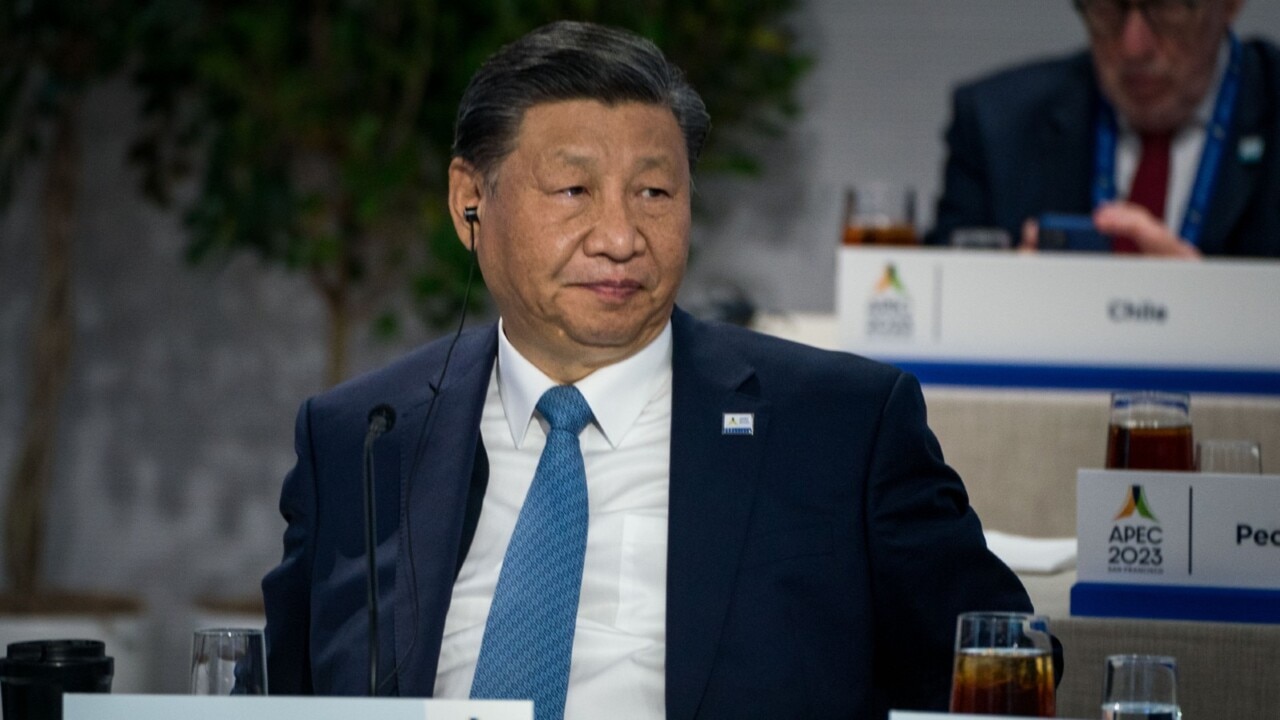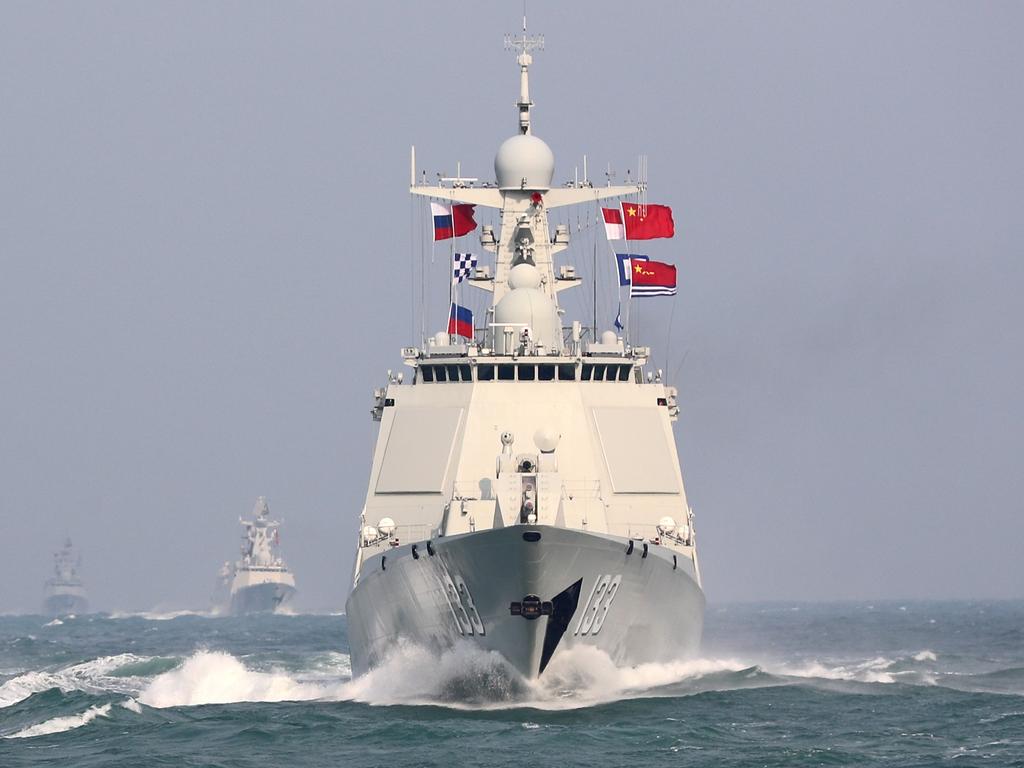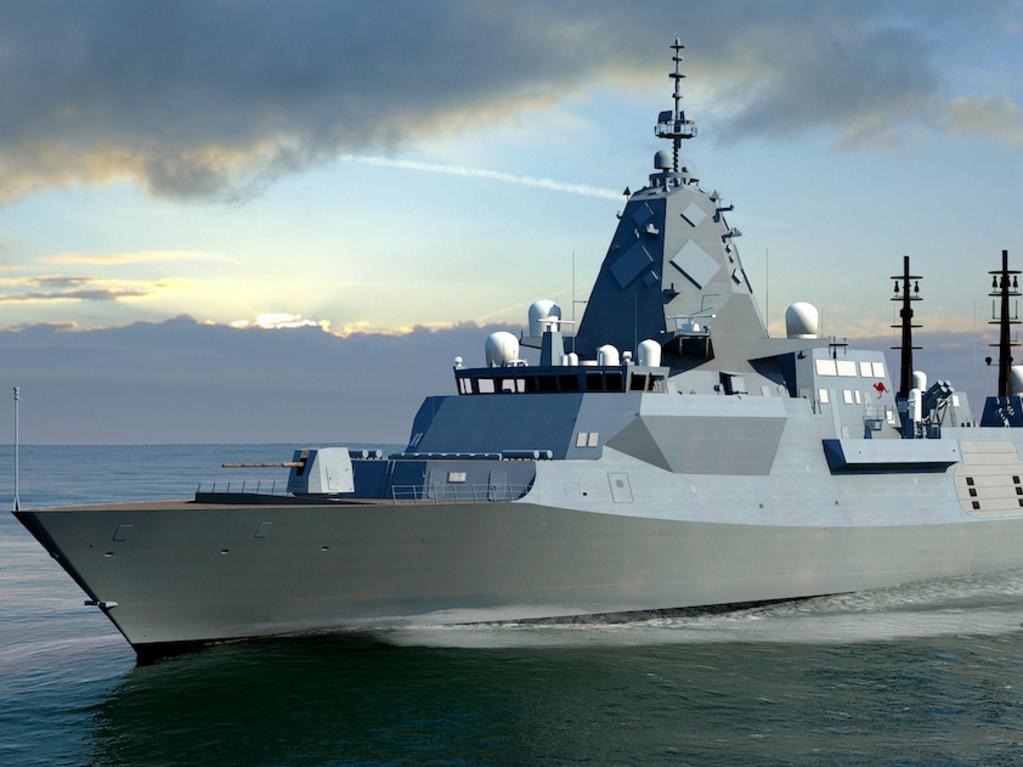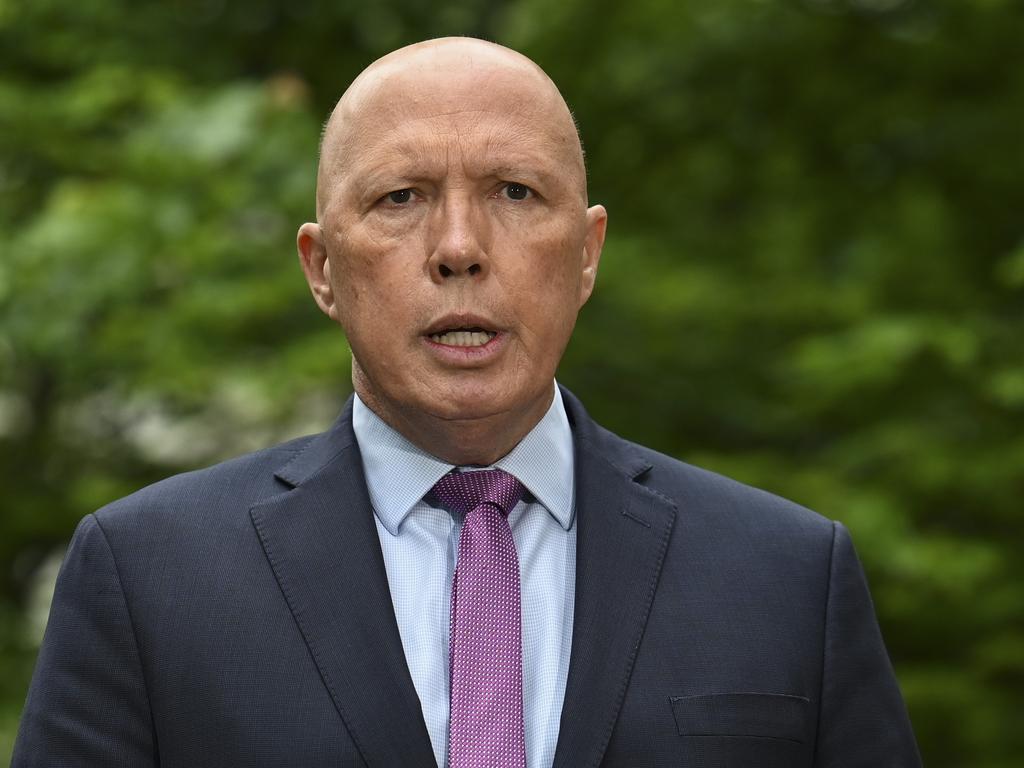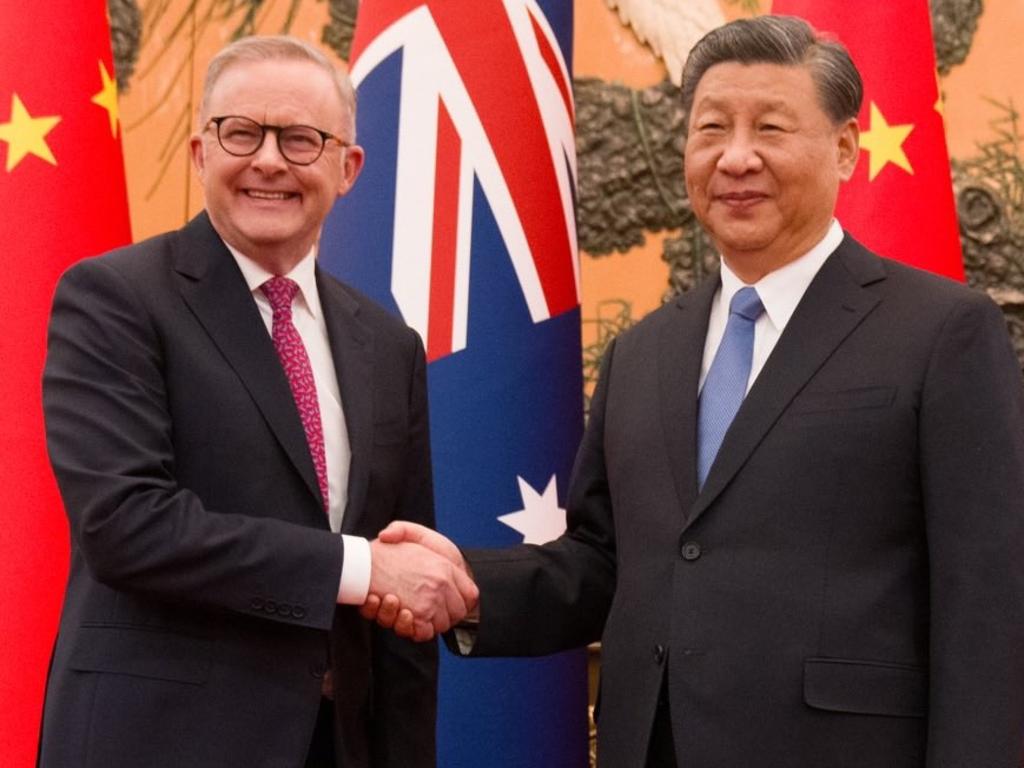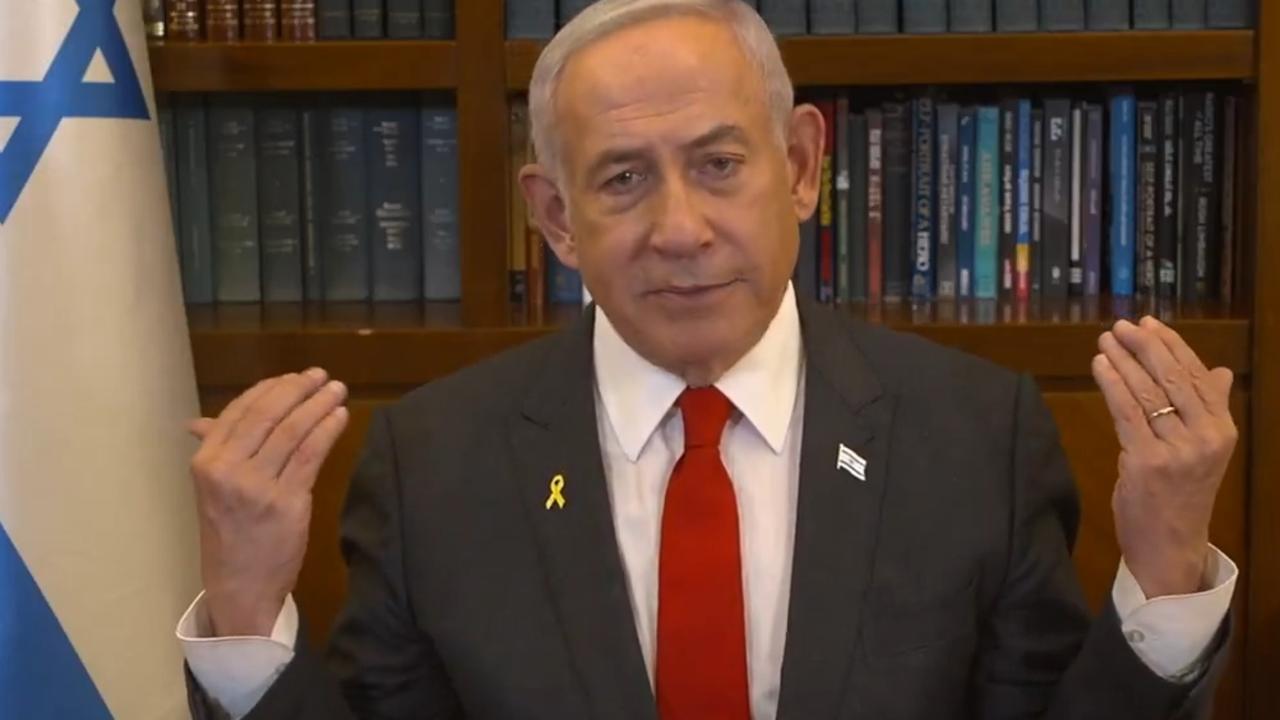Beijing flags lobster trade resumption, warns Australia over navy ship encounter
China gives its first hint of an end to a ban on Australia’s live lobsters, while warning against ‘making trouble’ after a recent naval incident.
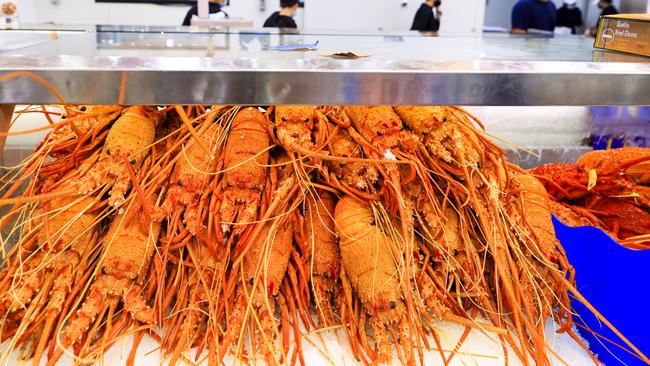
China has given the first confirmation Australia’s live lobster trade is poised to return, in news released after Beijing was widely condemned for the aggressive behaviour of its People’s Liberation Army sailors.
Beijing initially responded to the criticism by blaming the Australian navy for operating near China and claimed Canberra had lied about the brazen encounter, which took place in international waters close to Japan.
Late on Wednesday night, the Chinese government seemed keen to divert to more positive news, with the party state masthead the Global Times releasing an “exclusive” story, which contained Beijing’s clearest signal the highly profitably Australian live lobster trade will soon be allowed to resume.
The Global Times quoted Fan Xubing, a director with the China Aquatic Products Processing and Marketing Alliance, an outfit affiliated with Beijing’s Ministry of Agriculture.
“The resumption of Australian lobster imports is likely to happen soon, possibly by the end of this year, as relevant work is already in progress,” Mr Fan told the party state masthead.
“The restoration of Australian lobster imports will help stabilise market prices and offer consumers more choices,” he said.
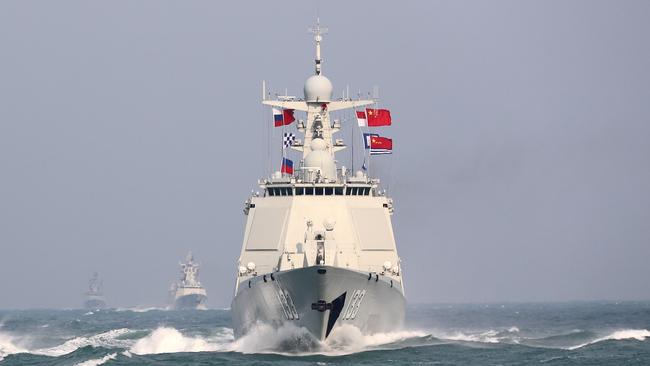
The party state masthead was used to announce many of the unofficial bans on trade with Australia previously worth $20 billion a year, which were first imposed in 2020.
Sources in the lobster industry — which was worth $700m a year before it was blacklisted — told The Australian they remain in the dark about China’s plans.
They hope the resumption can occur before Chinese lunar new year, which starts in February, and is traditionally the boom time for the trade.
Chinese lobster importers have complained that without the Australian product, the prices for the prized lobsters have skyrocketed and squeezed their margins.
“No one is making money on the China side,” an industry source told The Australian.
The news comes as criticism continues about China’s aggressive military behaviour, which has jarred with the rhetoric of its leaders who have spoken about wanting to improve relations with Australia.
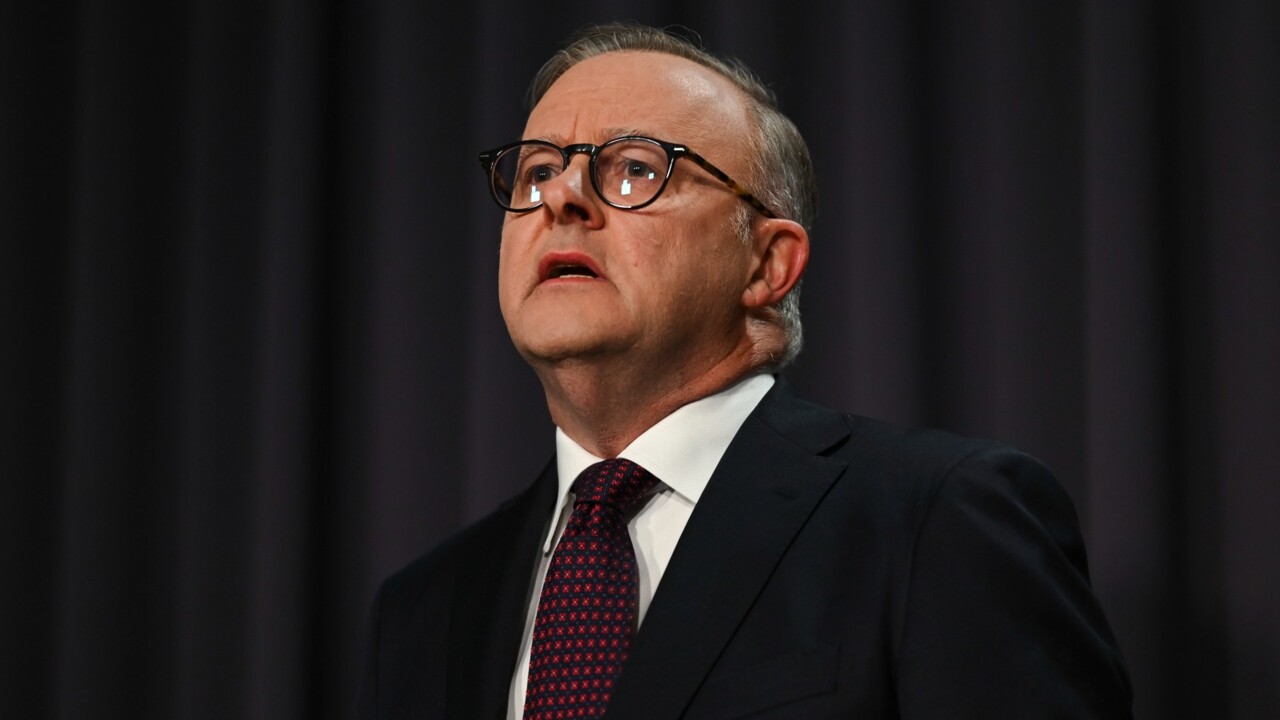
Australian Ambassador to the US, Kevin Rudd, said the PLA’s use of sonar pulses in international waters was “outrageous”.
“Remember this incident occurred within the Japanese exclusive zone. It is not exactly a piece of contested waterway somewhere nearer to the Chinese coast,” Dr Rudd told Sky news in an interview.
Beijing’s most authoritative English language newspaper, the China Daily, in a Thursday editorial said the reaction to the encounter demonstrated “mutual suspicions have run too deep” and continue to strain the relationship.
“The Chinese military is strictly disciplined and always operates professionally in accordance with international law and international common practices,” the China Daily editorialised.
“The Australian side should stop making trouble in front of China’s doorstep and work with China to preserve the momentum of improving bilateral ties.”
More Coverage
